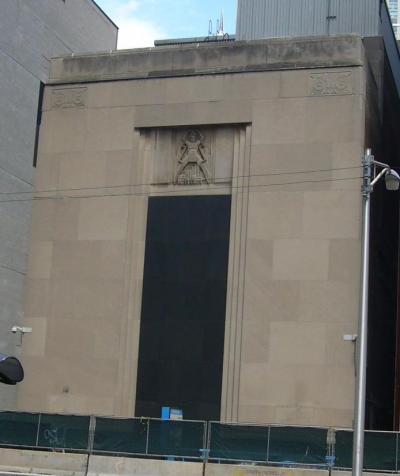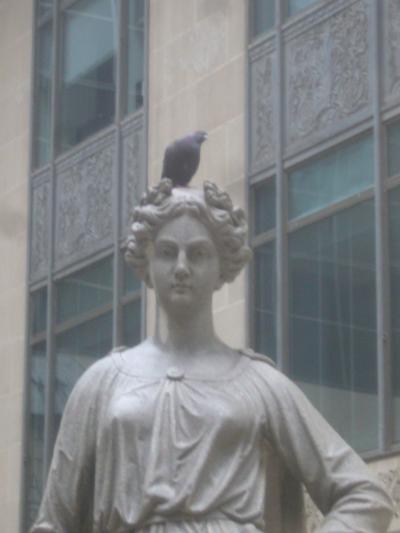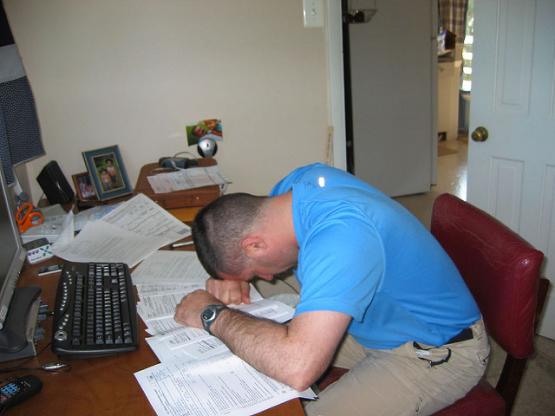Since earliest civilizations, humans have recognized that food is a product of farmland (and, yes, pastureland, fisheries, etc) and have managed to cultivate enough land to feed themselves. Yet today we routinely convert farmland to urban use. American Farmland Trust (AFT) seek to ensure continued agricultural use of some land by buying development rights from farmers, and try to make farms more viable by facilitating community supported agriculture. The geoist fiscal reform provides an alternative way to encourage more conservative and productive use of all land. With additional material from YES! magazine about the slow food revolution, this presentation by HGS instructor Bob Jene suggests that an alliance between AFT and geoists might benefit both.

Originating as a field trip for students completing our Progress & Poverty course, this stroll thru downtown Chicago examines some of the ways that average people, and the community as a whole, are deprived of their just earnings. Among other things we’ll see who benefits from the expensive infrastructure and “economic development” projects, how Thomas Jefferson wanted Chicago to fund its public schools, what happens when a well-located building burns down, and how land speculators get productive workers to pay their taxes. Expect to walk about 2 km, maybe we’ll stop for snacks (individual settlement) along the way.
A $10 donation is requested from those who are not recent or current HGS students or donors, but nobody will be excluded due to lack of funds. You can make your donation by credit card here, or bring cash or a check.

Originating as a field trip for students completing our Progress & Poverty course, this stroll thru downtown Chicago examines some of the ways that average people, and the community as a whole, are deprived of their just earnings. Among other things we’ll see who benefits from the expensive infrastructure and “economic development” projects, how Thomas Jefferson wanted Chicago to fund its public schools, what happens when a well-located building burns down, and how land speculators get their taxes paid by productive workers. Hardcopy sourced notes will be provided. Expect to walk about 2 km; maybe we’ll stop for snacks (individual settlement) along the way.
A $10 donation is requested from those who are not recent or current HGS students or donors, but nobody will be excluded due to lack of funds. If you have a paypal account, you can make your donation by credit card using the link below, or better yet bring cash or a check.

Would Rube Goldberg have been able to design a less straightforward system of funding government than the U S Federal income tax? In this presentation, HGS instructor Bob Jene looks at what it costs to collect this revenue. The direct cost to the government of operating the Internal Revenue Service is only a small part, as the burden put on the taxpayer, and the diversion of effort from productive uses, should also be considered.

Do we need to suffer like this (and/or pay someone else) in order to fund government? In this presentation, HGS instructor Bob Jene looks at what it costs to collect income taxes. The direct cost to the government of operating the Internal Revenue Service is only a small part, as the burden put on the taxpayer, and the diversion of effort from productive uses, should also be considered.
